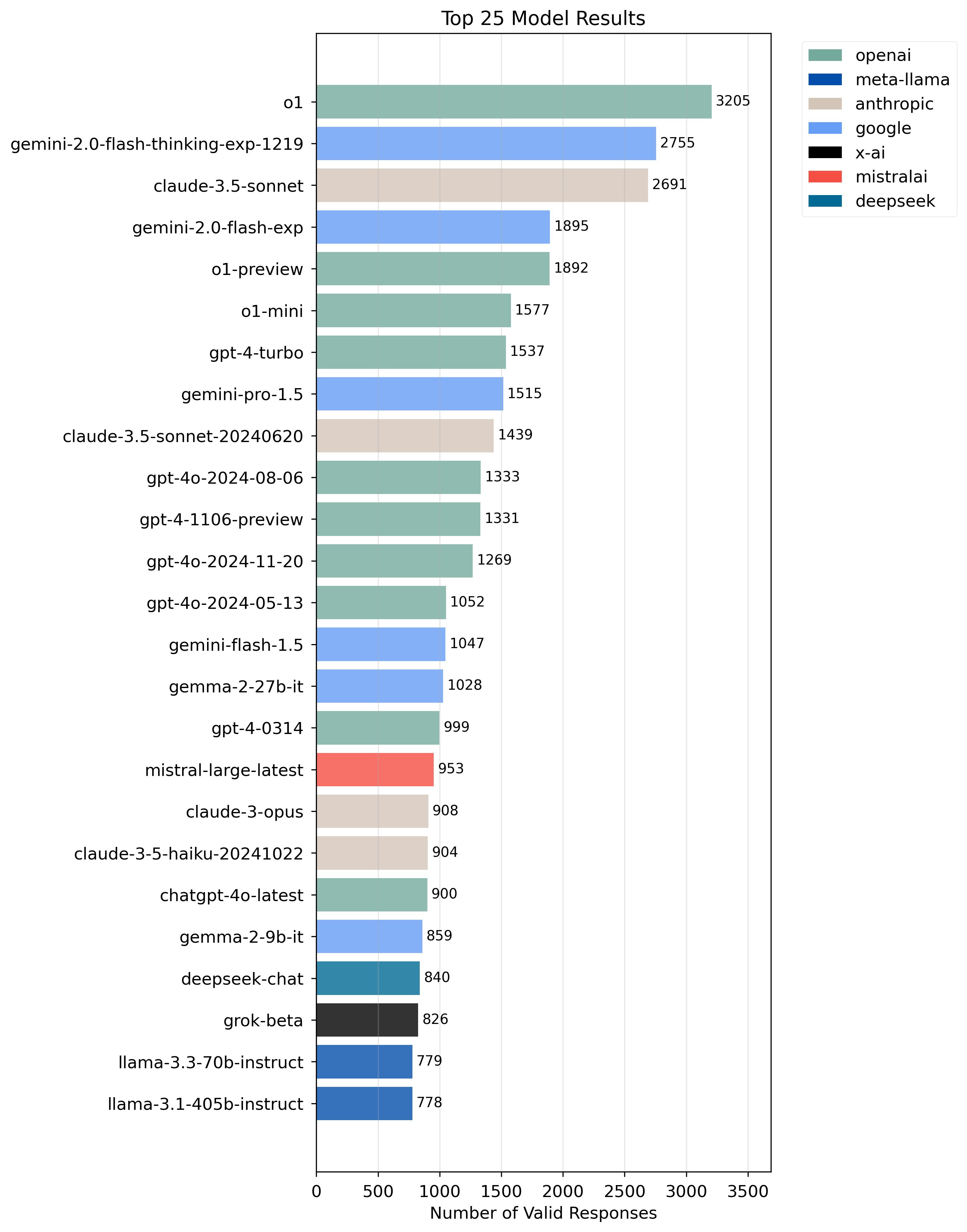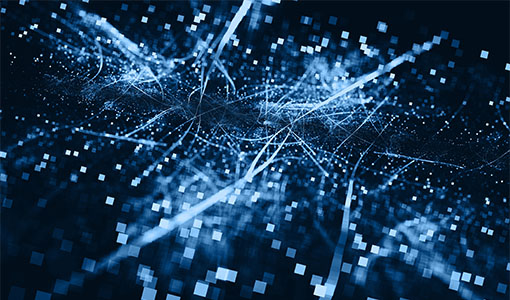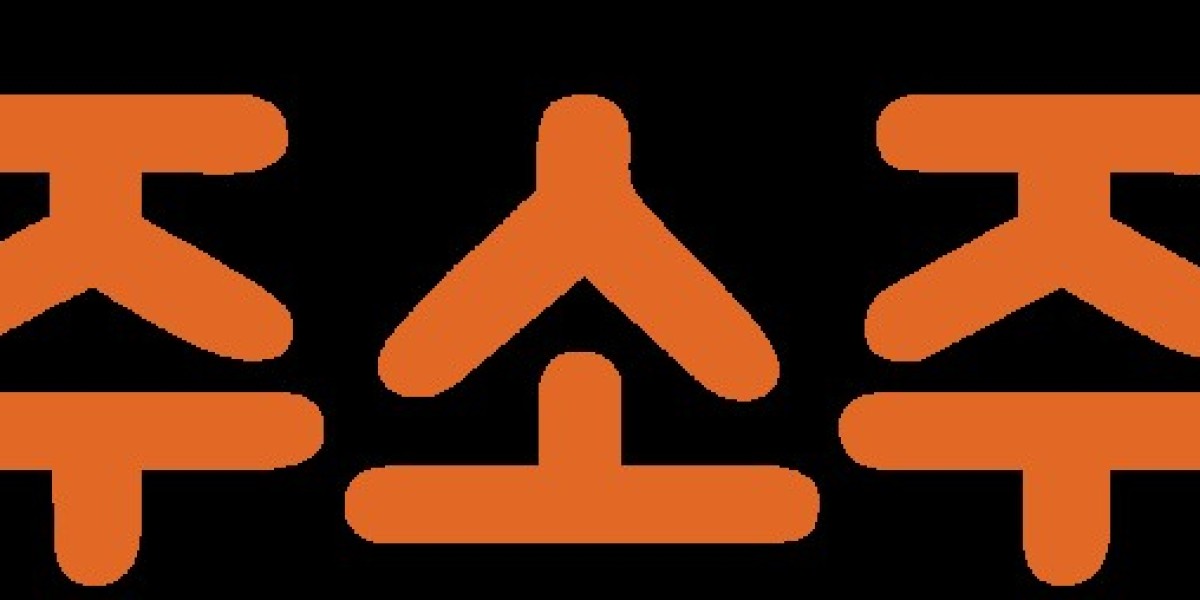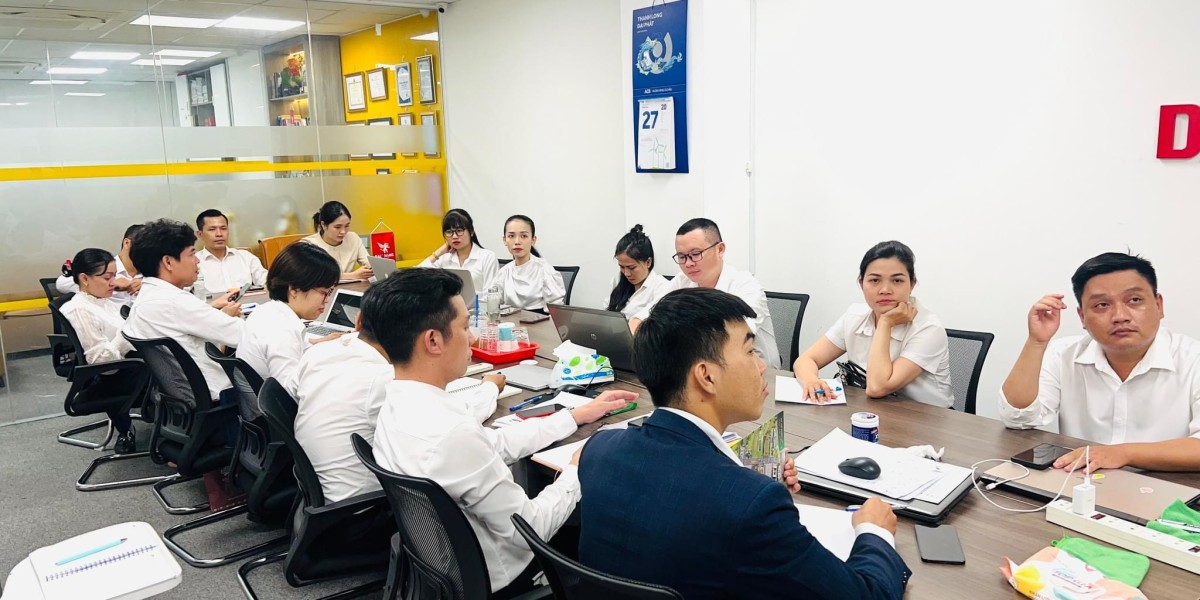Technology is altering our world at an astonishing pace! Its sweeping modifications can be found all over and they can be explained as both thrilling, utahsyardsale.com and at the exact same time scary. Although people in many parts of the world are still attempting to come to terms with earlier technological revolutions together with their sweeping social and academic implications - which are still unfolding, they have been woken up to the truth of yet another digital revolution - the AI transformation.
Expert System (AI) innovation describes the ability of a digital computer system or computer-controlled robot to carry out tasks that would otherwise have been performed by humans. AI systems are designed to have the intellectual procedures that identify humans, such as the ability to reason, find significance, generalize or discover from previous experience. With AI innovation, large amounts of info and text can be processed far beyond any human capability. AI can also be used to produce a huge range of brand-new material.
In the field of Education, AI innovation features the possible to enable new kinds of mentor, discovering and educational management. It can likewise enhance learning experiences and support teacher jobs. However, in spite of its positive potential, AI likewise positions considerable dangers to students, the teaching neighborhood, education systems and society at big.

What are some of these threats? AI can decrease teaching and discovering processes to calculations and automated jobs in manner ins which cheapen the role and influence of teachers and damage their relationships with students. It can narrow education to only that which AI can process, design and deliver. AI can likewise worsen the worldwide lack of qualified instructors through out of proportion spending on technology at the expense of investment in human capacity advancement.
%20Is%20Used%20In%20Biometrics.jpg)
Making use of AI in education also develops some fundamental questions about the capability of teachers to act purposefully and constructively in determining how and when to make judicious usage of this technology in an effort to direct their expert development, discover services to challenges they face and improve their practice. Such essential concerns include:
· What will be the function of instructors if AI technology end up being widely executed in the field of education?

· What will assessments appear like?
· In a world where generative AI systems appear to be establishing brand-new capabilities by the month, what abilities, outlooks and competencies should our education system cultivate?

· What modifications will be needed in schools and beyond to help trainees strategy and direct their future in a world where human intelligence and device intelligence would appear to have become ever more carefully connected - one supporting the other and vice versa?
· What then would be the purpose or role of education in a world controlled by Expert system technology where human beings will not always be the ones opening brand-new frontiers of understanding and knowledge?
All these and more are daunting questions. They force us to seriously think about the issues that develop concerning the implementation of AI innovation in the field of education. We can no longer just ask: 'How do we prepare for an AI world?' We must go deeper: 'What should a world with AI appear like?' 'What roles should this effective technology play?' 'On whose terms?' 'Who decides?'
Teachers are the primary users of AI in education, and they are anticipated to be the designers and facilitators of trainees' learning with AI, the guardians of safe and oke.zone ethical practice throughout AI-rich instructional environments, and to act as role designs for long-lasting finding out about AI. To presume these duties, instructors need to be supported to establish their capabilities to take advantage of the possible advantages of AI while mitigating its dangers in education settings and broader society.
AI tools ought to never be created to replace the genuine accountability of teachers in education. Teachers should stay accountable for pedagogical decisions in using AI in teaching and in facilitating its uses by trainees. For teachers to be accountable at the useful level, a pre-condition is that policymakers, instructor education institutions and schools presume responsibility for preparing and supporting instructors in the proper use of AI. When introducing AI in education, legal protections should also be established to safeguard teachers' rights, and long-term monetary commitments need to be made to ensure inclusive access by instructors to technological environments and fundamental AI tools as vital resources for adjusting to the AI era.

A human-centered approach to AI in education is critical - a technique that promotes crucial ethical and
useful principles to assist manage and guide practices of all stakeholders throughout the entire life process of AI systems. Education, provided its function to safeguard along with facilitate development and knowing, has a special obligation to be totally conscious of and responsive to the threats of AI - both the known threats and those only simply emerging. But too frequently the threats are overlooked. Making use of AI in education for that reason needs mindful consideration, including an examination of the evolving roles instructors need to play and the proficiencies needed of teachers to make ethical and reliable usage of Artificial Intelligence (AI) Technology.
While AI provides opportunities to support teachers in both mentor along with in the management of finding out processes, meaningful interactions between instructors and students and human growing must remain at the center of the instructional experience. Teachers should not and can not be replaced by innovation - it is vital to secure instructors' rights and asteroidsathome.net make sure appropriate working conditions for them in the context of the growing use of AI in the education system, in the workplace and in society at big.








